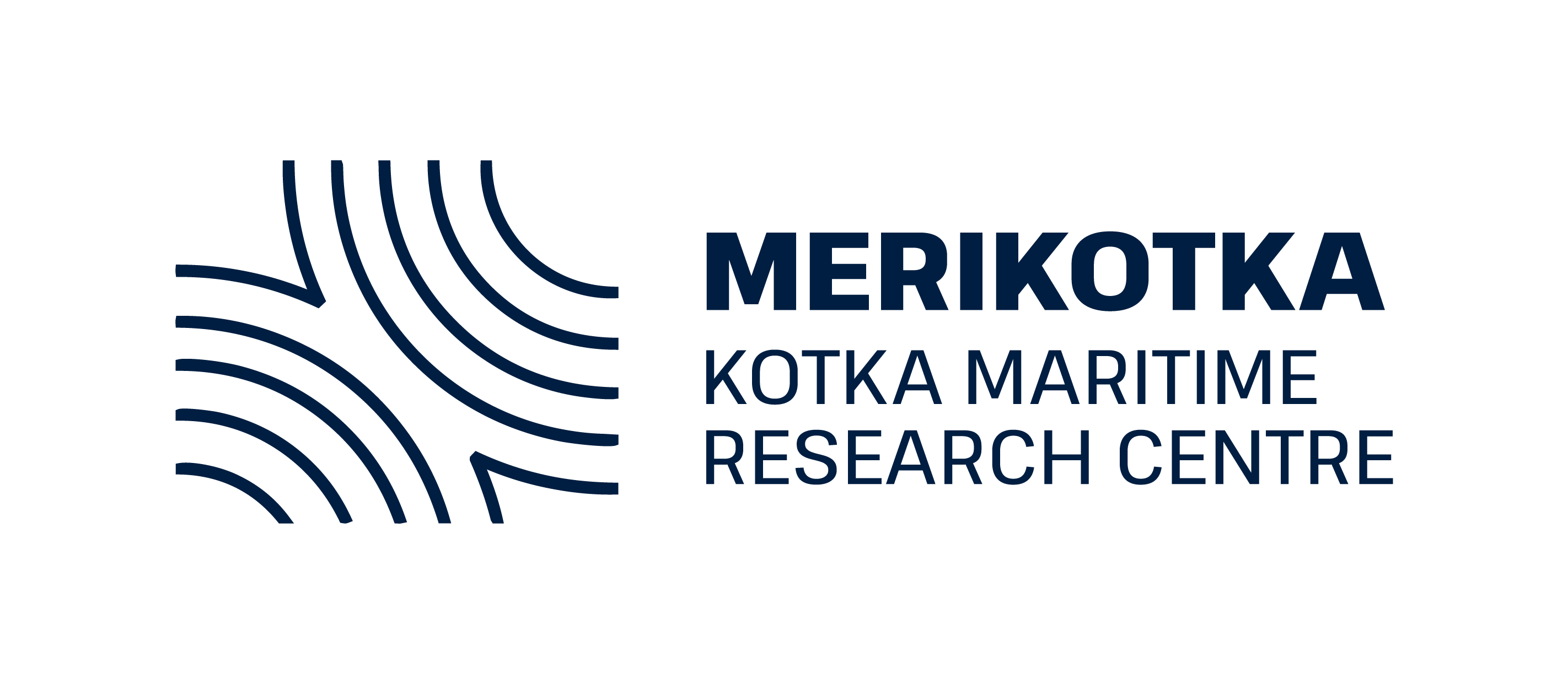Economic growth in the Baltic Sea’s coastal countries has been rapid, and both road and maritime transport have expanded considerably. The ports of Finland and Estonia process a substantial share of the shipments bound for Russia in addition to the countries’ own exports and imports. Given that maritime transport represents 76% of transport modes in the Baltic Sea’s coastal countries, as opposed to 24% for all other modes combined, these economies are extremely dependent on maritime transport. No research had, however, been conducted into how the transport of such volumes could continue in case of significant changes to the transport chain. As an example of exceptional conditions, an economic, environmental or other shift could force one or more of the ports to cease operations.
The Study of cargo flows in the Gulf of Finland in emergency situations (STOCA) research analysed and simulated the changes to the transport chain brought about by crisis situations, taking into account both the business and state perspectives. The research concentrated on analysing new transport routes and methods in collaboration with Estonia, with the aim of protecting countries’ security of supply in crisis situations. In order to discern possible points of interruption and their impact on the region’s transport flows, the analysis looked into the future volumes of maritime traffic and logistics, and the effects of and opportunities afforded by various transport methods and routes.
The project examined possible exceptional situations and their impacts on the functioning of logistics centres in Baltic Sea ports and Finland’s south-eastern regions. We also analysed the kinds of exceptional situations that could cause the Gulf of Finland’s general cargo flows to redirect to other ports, and the consequences of such situations with regard to business activity and the operations of public authorities. We also looked at the environmental impact of alternative road and rail transport routes.
Funding
Provided by Central Baltic INTERREG IV A Programme 2007-2013.
Partners
Kotka Maritime Research Association (coordinator)
Research centre NORDI
Estonian Maritime Academy
Turku University
Lappeenranta Technical University, Kouvola unit
Estonian Maritime Academy

